Since 2022, when the maximum loan amount for students was adjusted from VND 2.5 million/month to VND 4 million/month, many families in difficult circumstances in the province have been given more opportunities to invest in their children's education. Many people say that credit capital for students is capital for the future. Thanks to this loan, many students have continued their dream of going to university and becoming useful citizens for the country.

Ms. Vo Thi Sinh (left) shares about borrowing policy credit capital with Head of the Savings and Loan Group of the Women's Union of Nai Cuu village, Le Thi Hien - Photo: HN
Talking about the journey of raising 5 children to attend university, Ms. Vo Thi Sinh (born in 1966), Nai Cuu village, Trieu Thanh commune, Trieu Phong district, could not help but be moved. Because this journey for her and her children was filled with sweat, tears and the determination to overcome difficulties of all family members.
“The children are eager to learn, and the parents are determined to nurture their dreams, which is why we have achieved what we have today. However, without the loan from the Vietnam Bank for Social Policies (VBSP), our dreams would not have come true,” Sinh shared.
Ms. Sinh has 5 children, the oldest born in 1987, the youngest born in 2003. Raising and educating the children from elementary school to high school is an outstanding effort for her and her husband. Ms. Sinh's husband is in poor health, so she works hard on the fields, raises animals, and saves every penny to raise the children.
So when their first daughter was accepted into Hue University of Education, before they could celebrate, the couple faced the worry of not knowing where to get the money to continue her studies. However, seeing the desire to continue her studies in her daughter's eyes, the couple had to borrow money everywhere so that her daughter could enroll on time.
When her first daughter entered her second year, her second child followed her into university. At that time, her family situation was too difficult, so Ms. Sinh decided to let her first child graduate before considering sending her second child to school. In the midst of the confusion, Ms. Sinh received information that the Social Policy Bank was implementing a credit package for students. She borrowed two packages, each package of 8 million VND/year with low interest rates to pay for her children's tuition. Just like that, Ms. Sinh's five children were all "supported" by the credit loan package supporting students.
“The hardships are not over yet, but seeing my children pursue their dreams of going to university and having stable jobs after graduation, I feel very satisfied. My children understand the hardships of their parents, so after graduating and working, they save money and send it back to me to pay off the debt. Up to now, I have paid off all my student loans and continue to borrow 150 million VND from the near-poor household program to raise pigs and chickens,” said Ms. Sinh.
In Nai Cuu village, almost every family has a child studying at university. Like Ms. Sinh, many families in the village have borrowed preferential loans for students from the Vietnam Bank for Social Policies. This source of capital has helped many children in the village on their journey to open the door to the future. The whole Nai Cuu village currently has 8 savings and loan groups (SLCs) with 84 people receiving student loans to study at universities and colleges nationwide.
Ms. Le Thi Hien, Head of the Savings and Credit Group of the Nai Cuu Village Women's Union, said that her group has 40 members, with a total outstanding debt of nearly 3.8 billion VND to date. Currently, 11 students have outstanding loans under the HSSV program with an amount of 1.5 billion VND, with an interest rate of 0.55%/month. In recent years, the group has had 25 students receive loans for studying with an amount of over 2 billion VND, and have now paid off their debts. On average, each student can borrow up to 4 million VND/month to cover their studies.
“This is a very meaningful amount of money for the local people because Nai Cuu village mainly produces agriculture, so it is difficult to invest in sending children to college or university. After graduating, the children of the village often stay in big cities to work, sending money back home every month to pay off their debts. Everyone complies with the bank's regulations, so the group I am in charge of has no members with overdue debts and no interest,” said Ms. Hien.
Credit capital for students has now spread throughout localities and has been welcomed by many people. According to Ms. Nguyen Thi Thuy Chi, credit officer of the Social Policy Bank Transaction Office of Gio Linh district, in the area under her responsibility (Phong Binh, Gio Mai, Trung Son communes), by June 30, 2024, there were 172 households accessing loans for students with outstanding debt of VND 9,945 million.
100% of the loan capital is used for the right purpose, in which people mainly use it to pay tuition fees, buy computers for online learning and partly cover the costs of studying. After graduating, most students have stable jobs, helping their families pay off the debt to the Social Policy Bank on time according to the agreement committed before borrowing. Up to now, the student credit program at the unit has not generated overdue debt.
To effectively promote this loan source, the Gio Linh District Social Policy Bank Transaction Office focuses on coordinating with organizations, unions, and local authorities to propagate to villages and hamlets so that people know and use the loan effectively. At the beginning of the new school year, the office coordinates with high schools in the area to carry out propaganda work on student credit according to Decision 157/2007/QDTTg of the Prime Minister.
At the same time, through the activities of the parents' association, credit officers guide families in need and eligible to borrow capital to access student credit capital. During the borrowing process, households repay their debts on time, contributing to increasing the capital of the student credit fund, ensuring the same capital but solving for many generations of students to benefit. Thanks to that, many students can borrow capital to study, after graduating, have stable jobs, fully repay the principal to the bank and have a stable income, contributing to the development of the family economy.
In the coming time, the Quang Tri Branch of the Vietnam Bank for Social Policies will continue to propagate and mobilize people to access and improve the effectiveness of using policy credit capital for students.
Minh Thao
Source: https://baoquangtri.vn/nguon-von-cho-tuong-lai-186722.htm



![[Photo] Vietnamese rescue team shares the loss with people in Myanmar earthquake area](https://vstatic.vietnam.vn/vietnam/resource/IMAGE/2025/4/6/ae4b9ffa12e14861b77db38293ba1c1d)
![[Photo] Prime Minister Pham Minh Chinh chairs the regular Government meeting in March](https://vstatic.vietnam.vn/vietnam/resource/IMAGE/2025/4/6/8393ea0517b54f6791237802fe46343b)
![[Photo] Solemn Hung King's Death Anniversary in France](https://vstatic.vietnam.vn/vietnam/resource/IMAGE/2025/4/6/786a6458bc274de5abe24c2ea3587979)

![[Photo] Military doctors in the epicenter of Myanmar](https://vstatic.vietnam.vn/vietnam/resource/IMAGE/2025/4/6/fccc76d89b12455c86e813ae7564a0af)
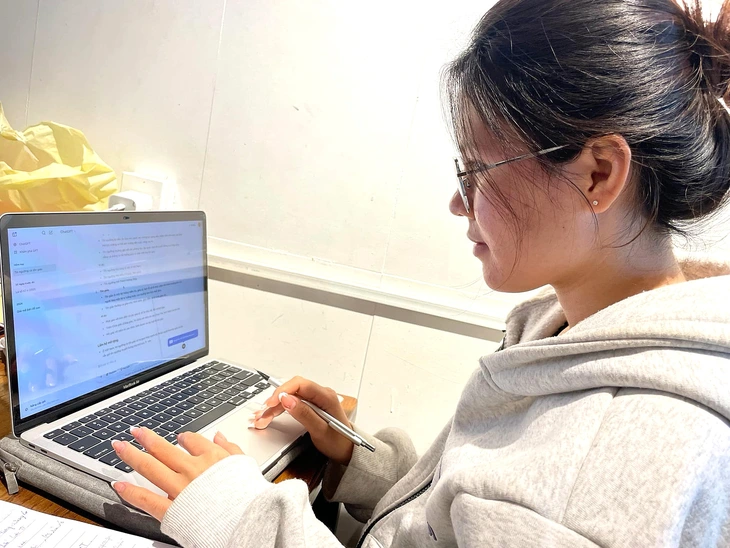



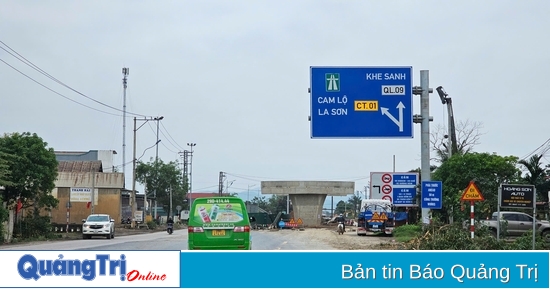




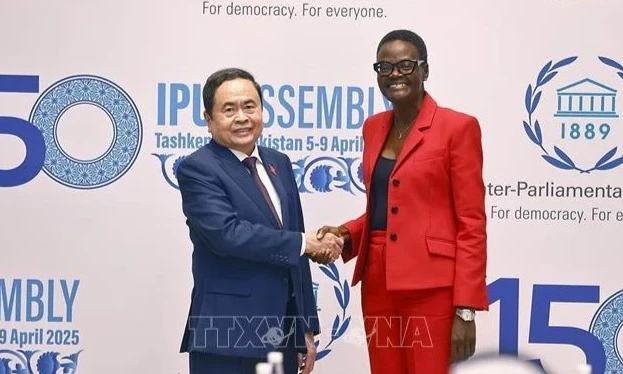
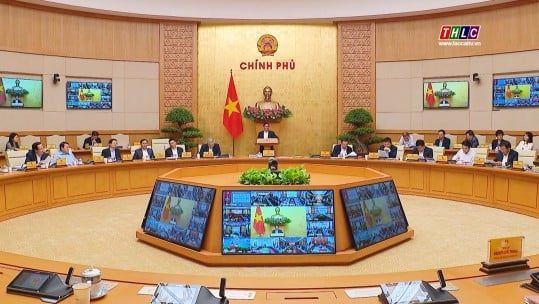








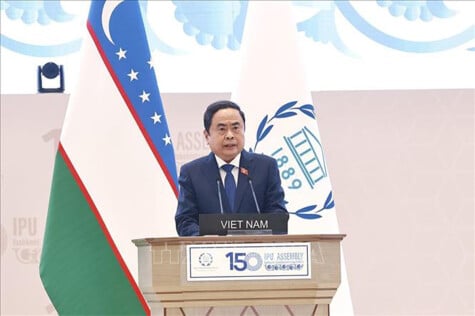
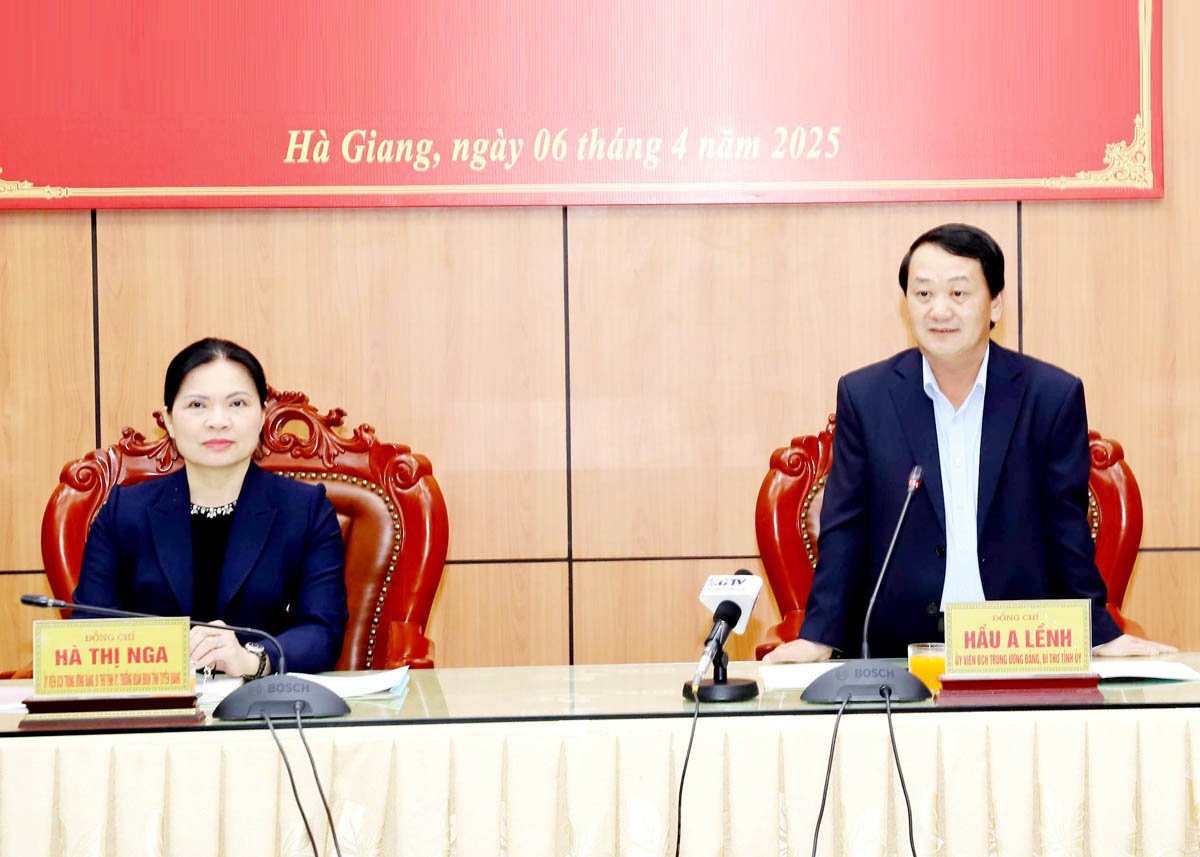
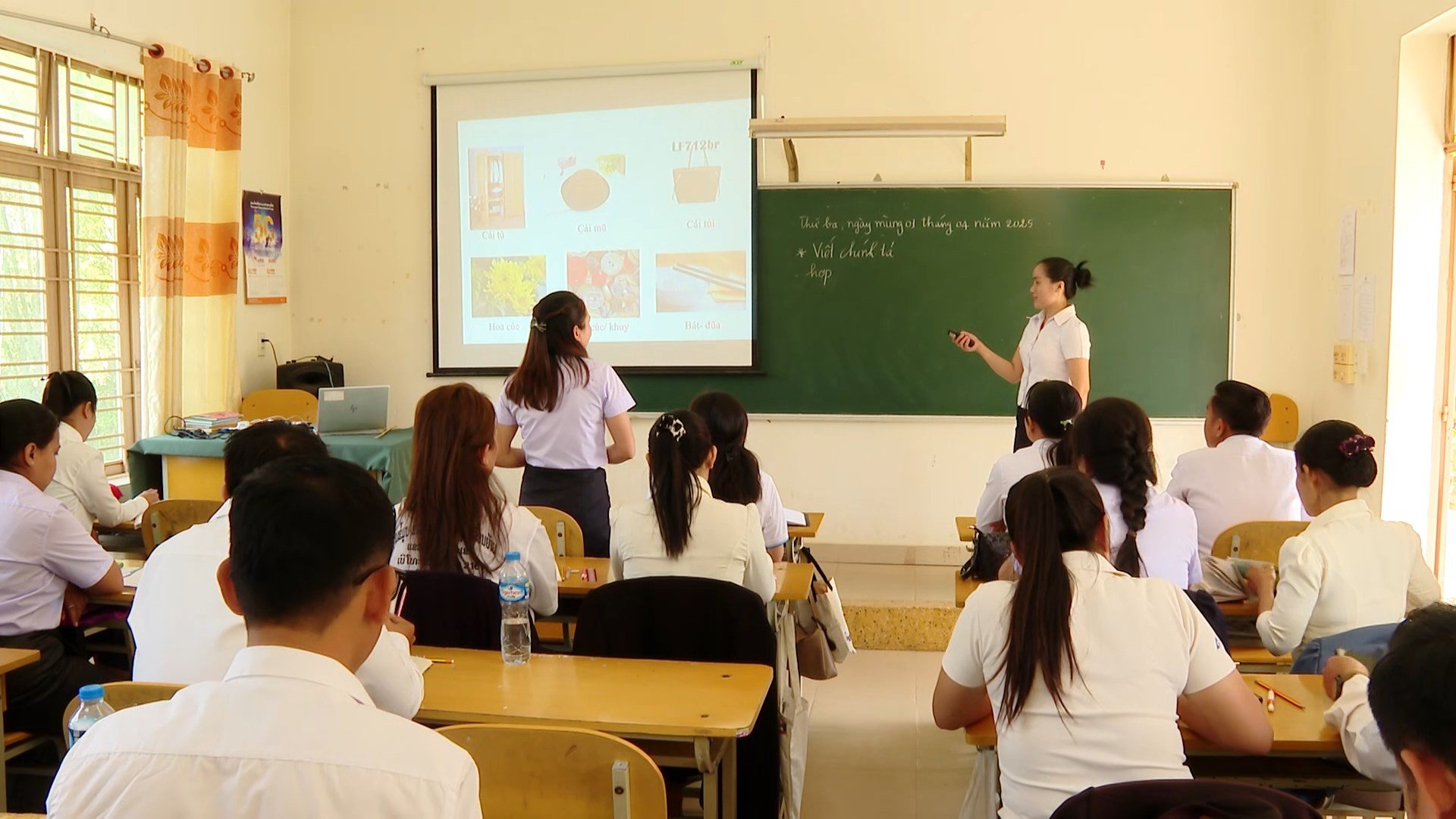





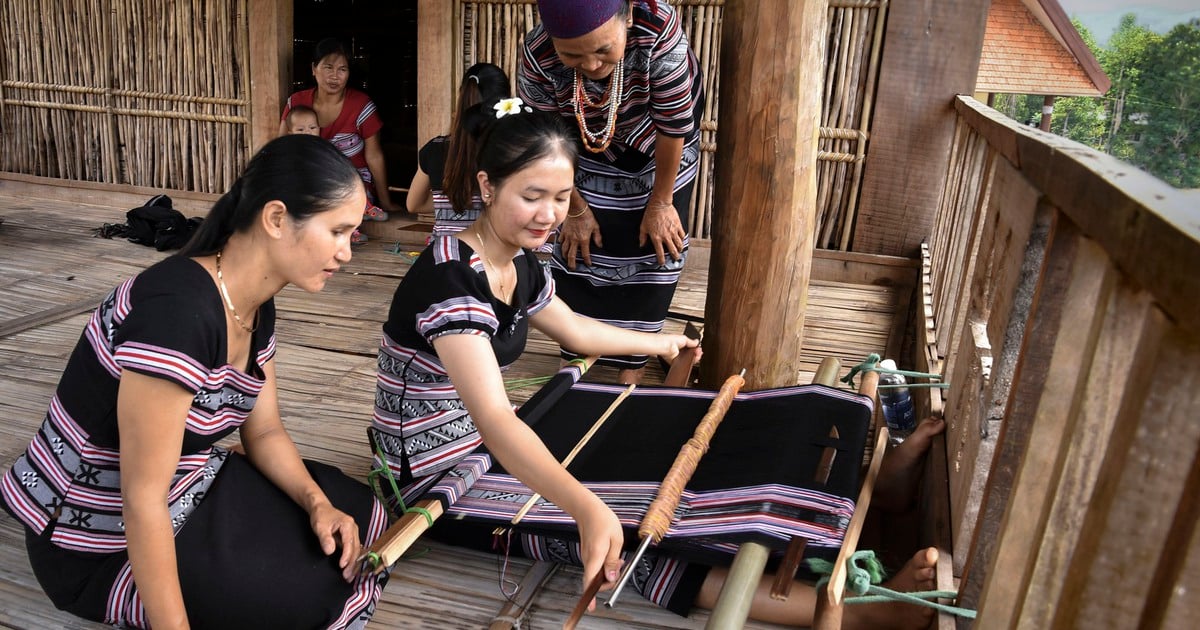


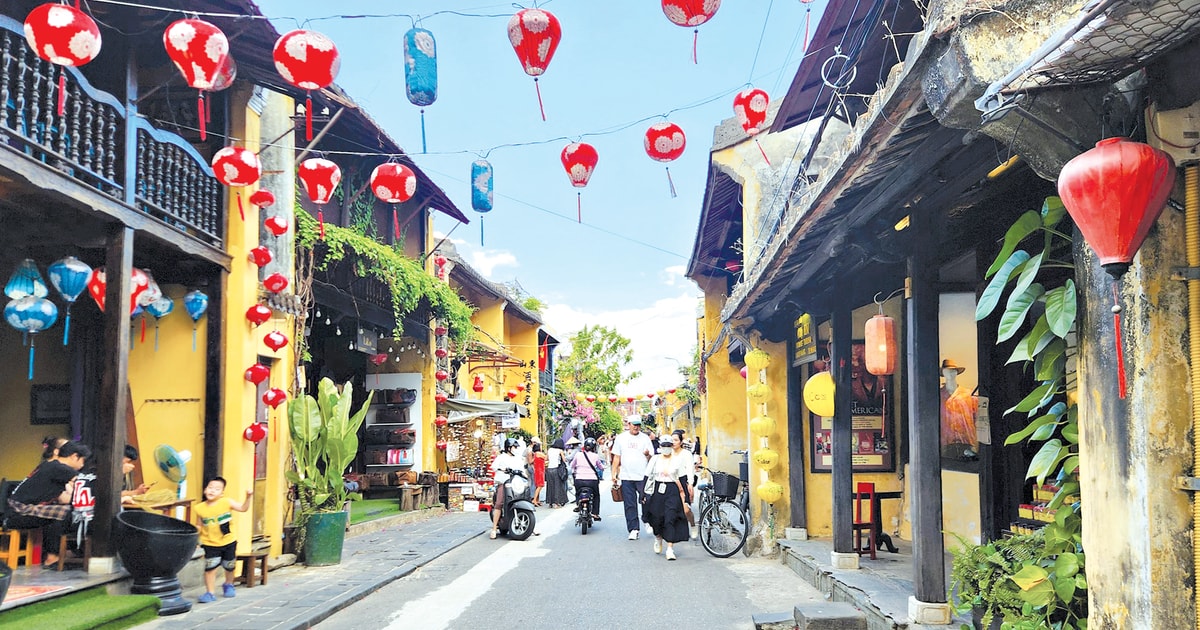



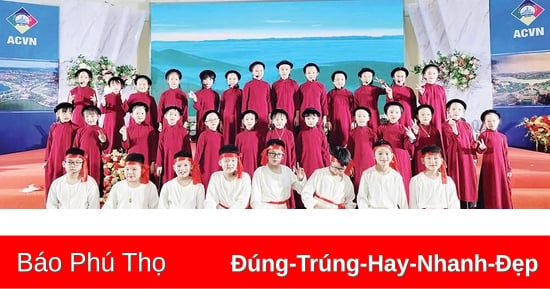

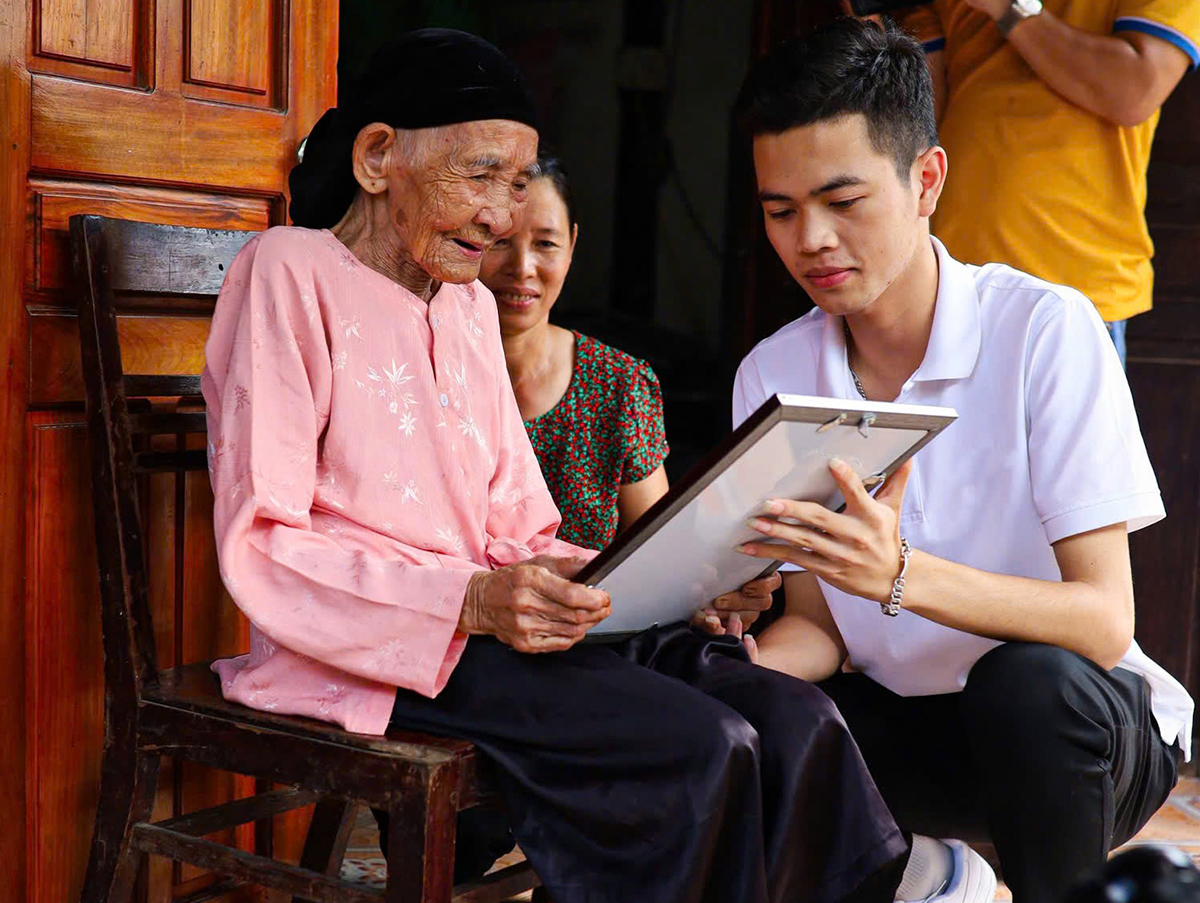

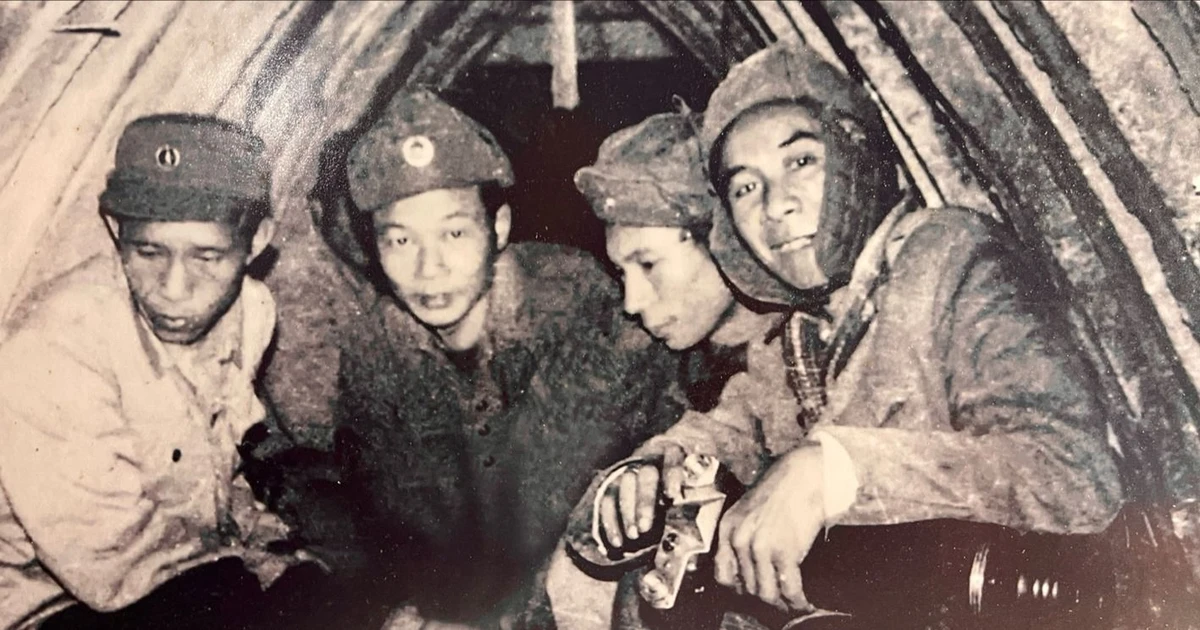




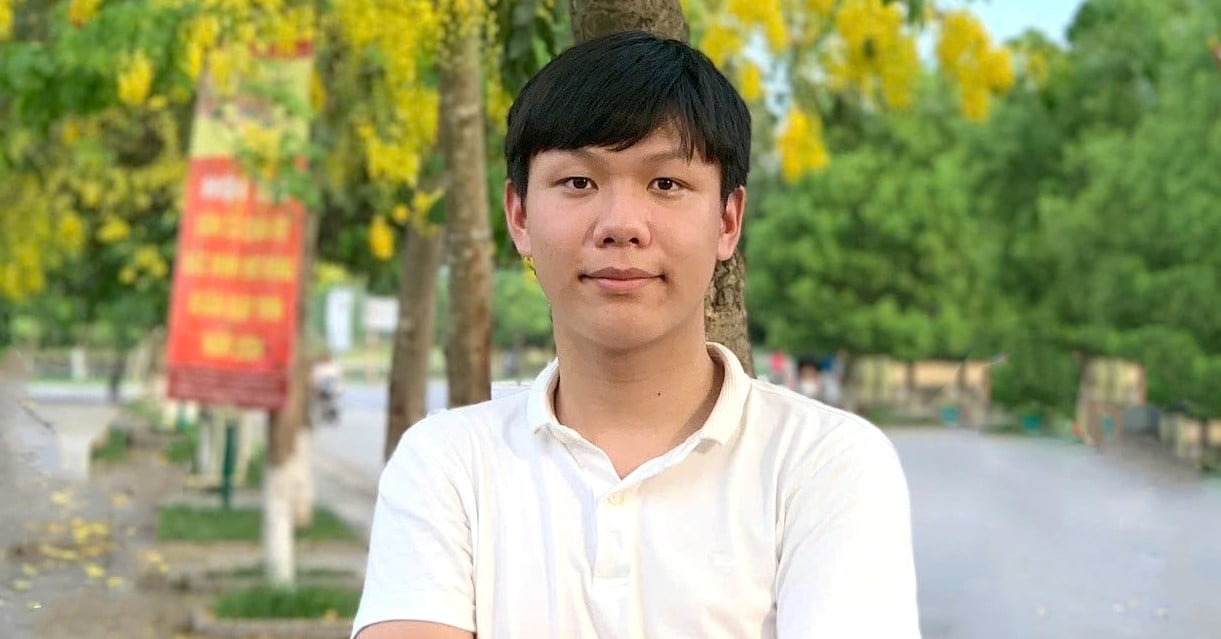



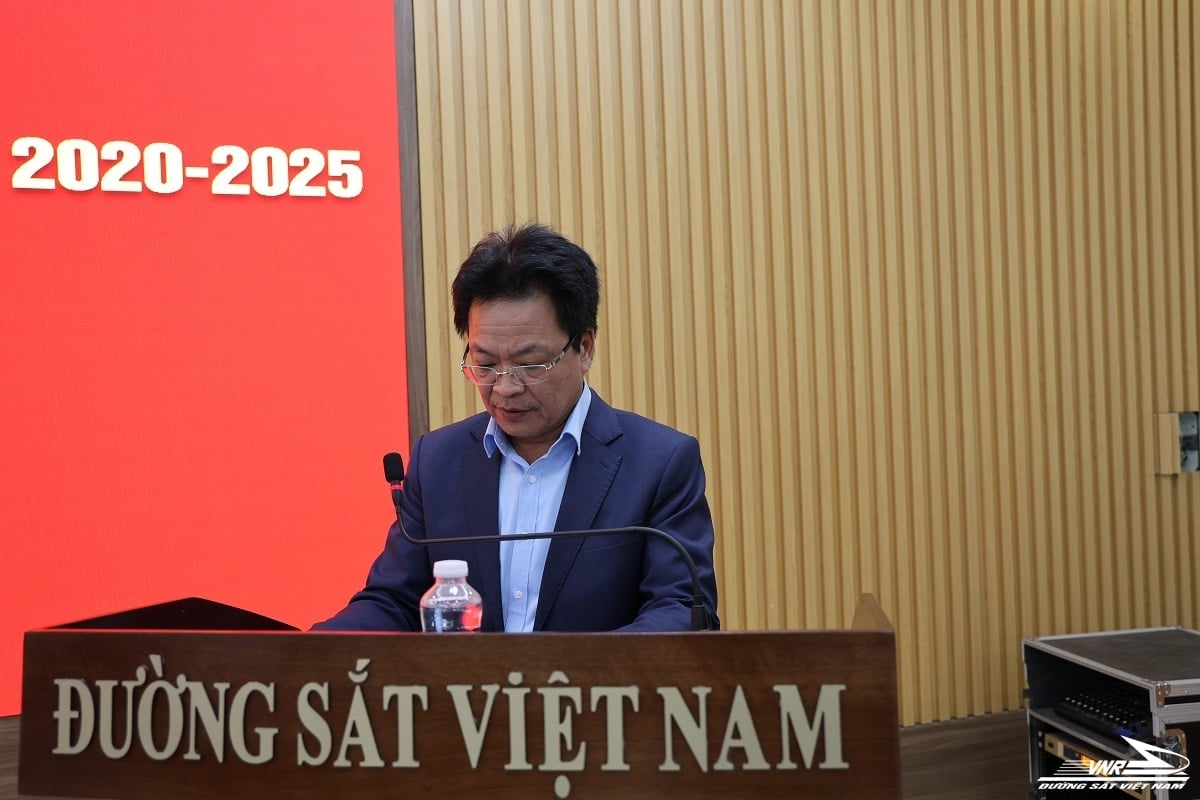
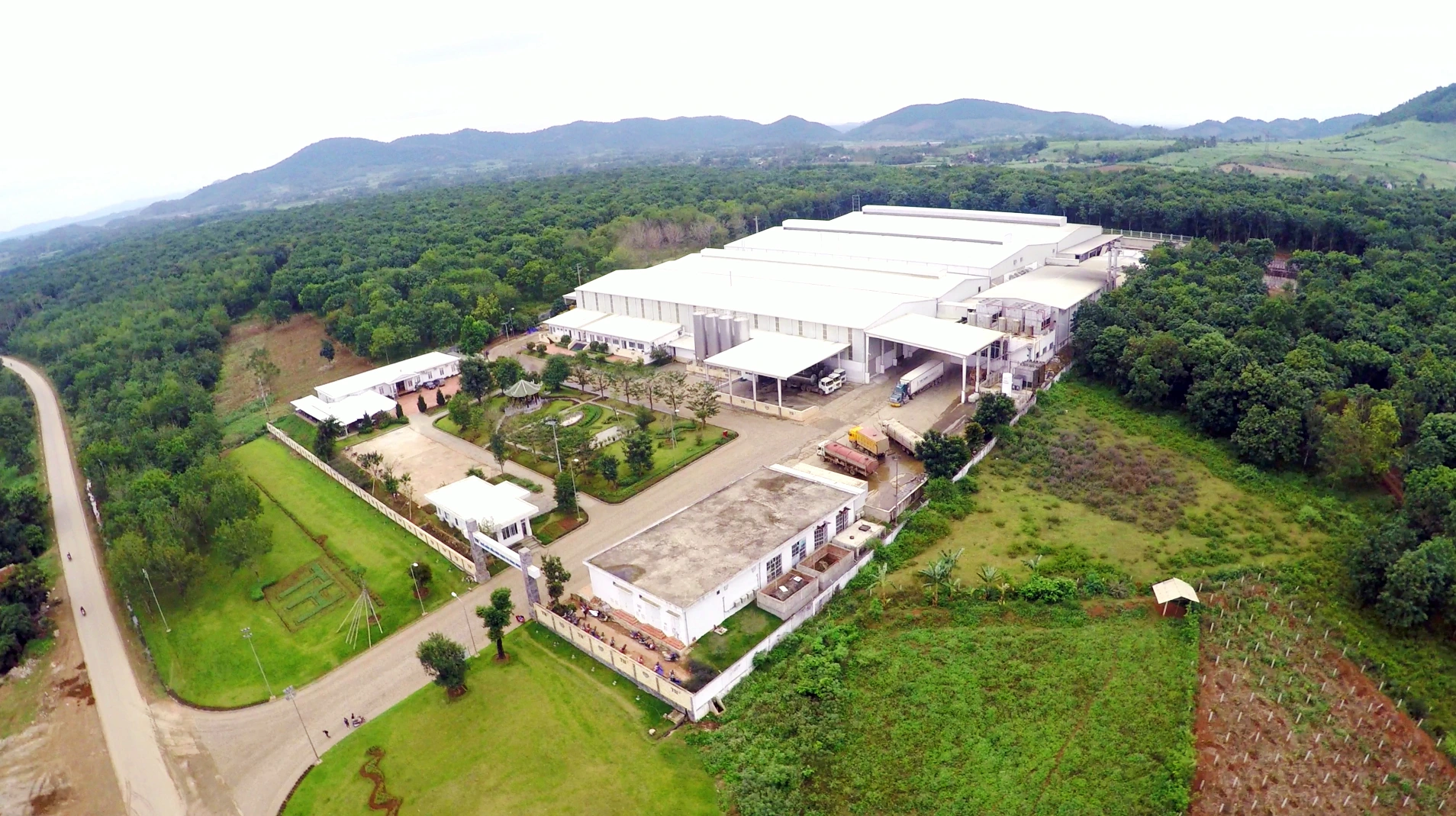



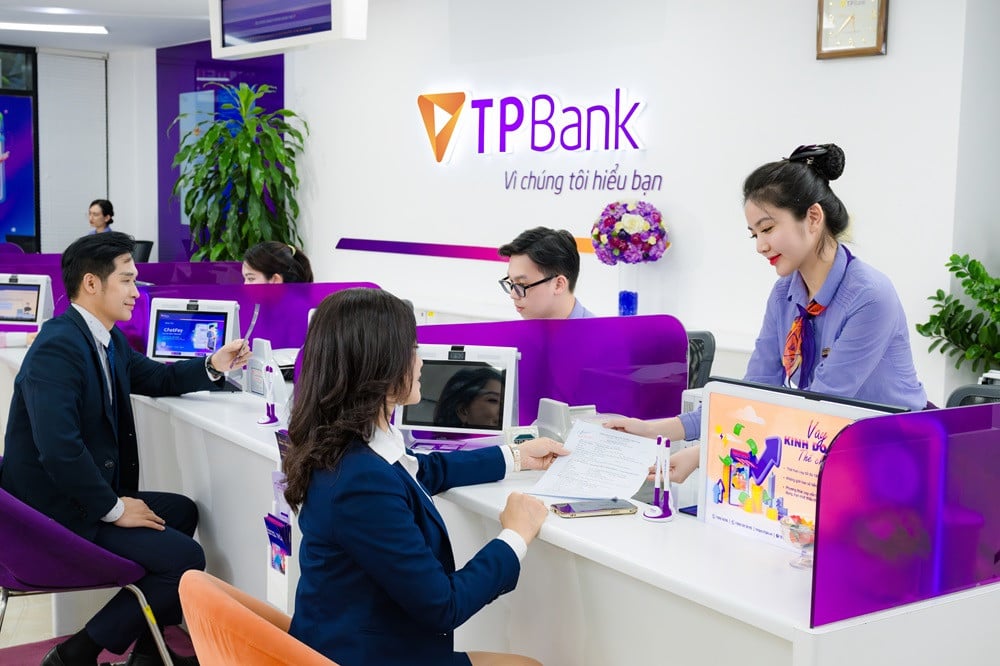


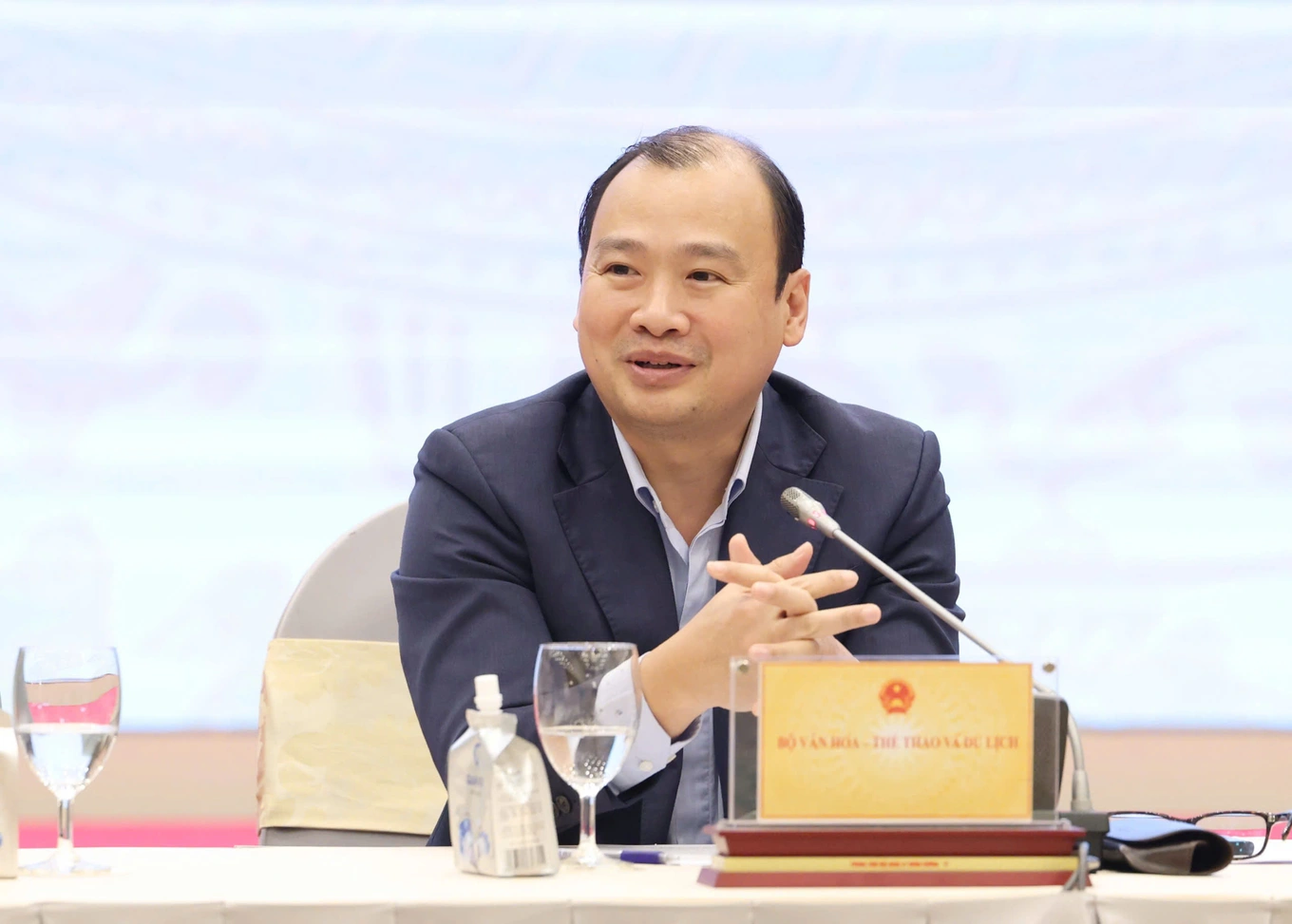













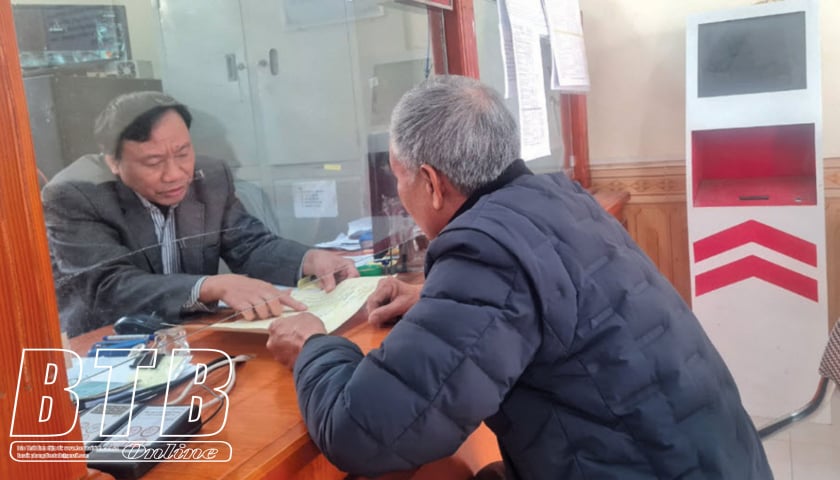
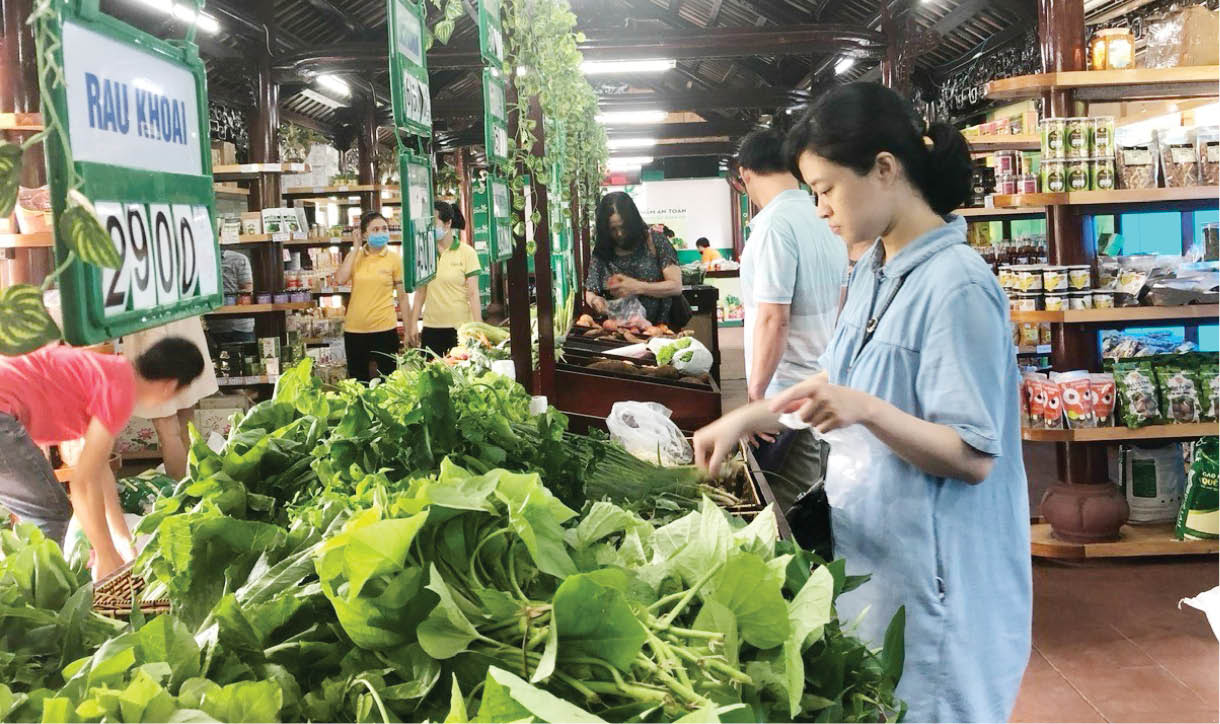

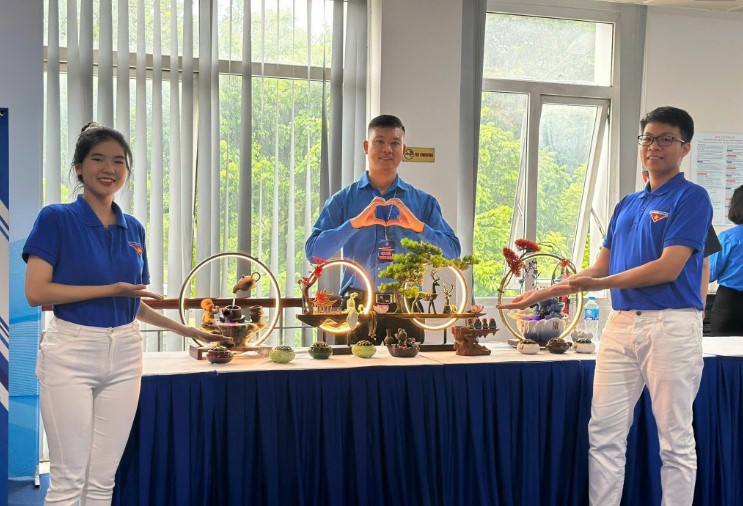
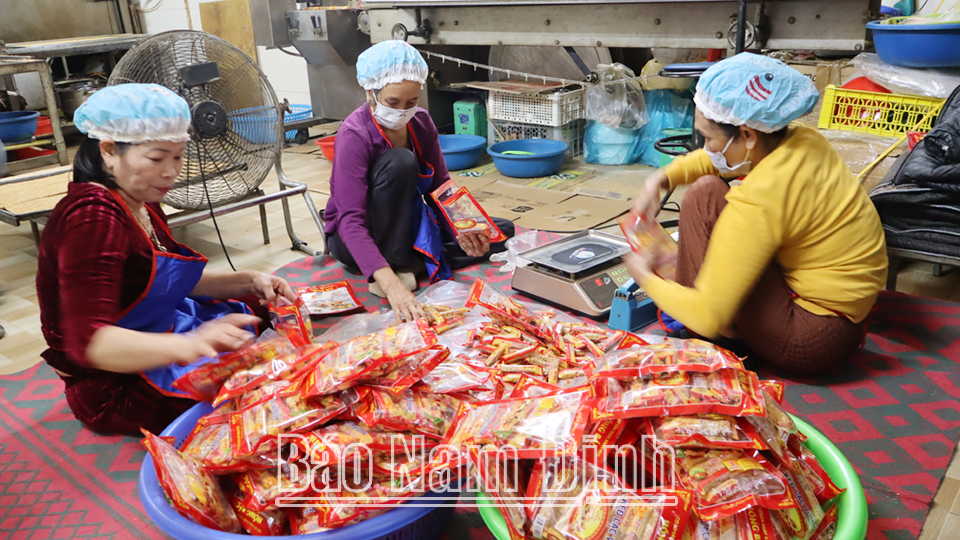

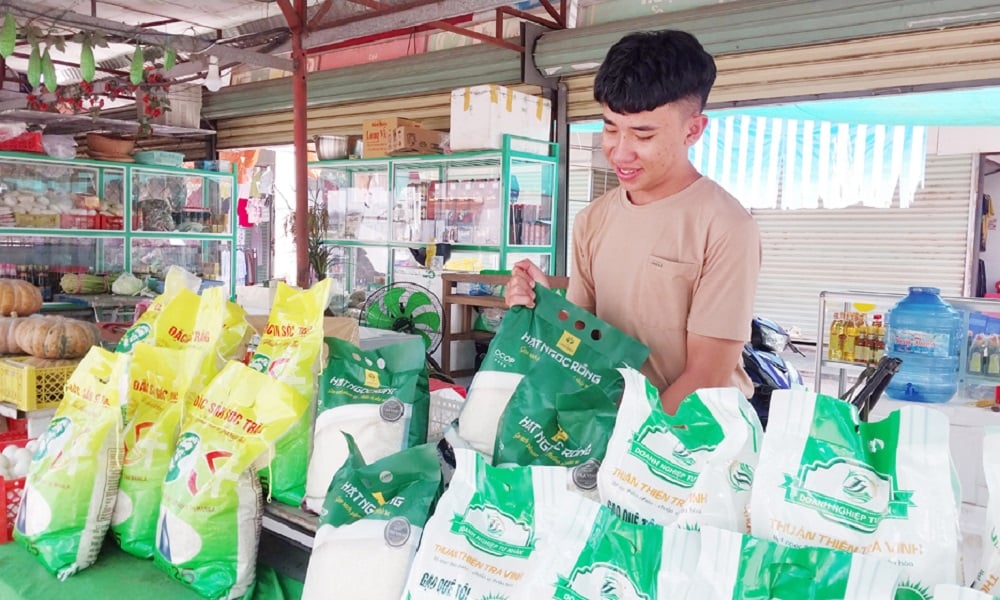
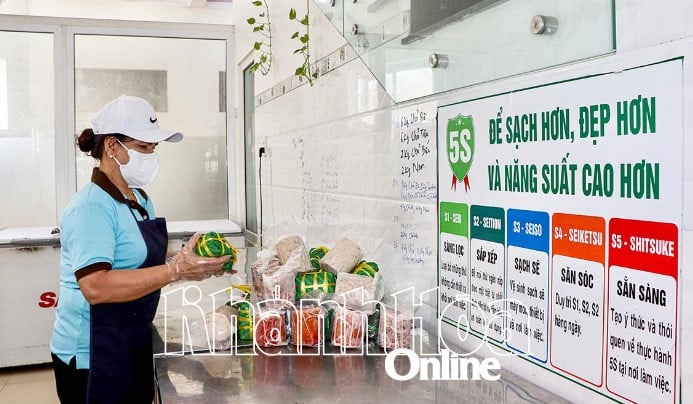

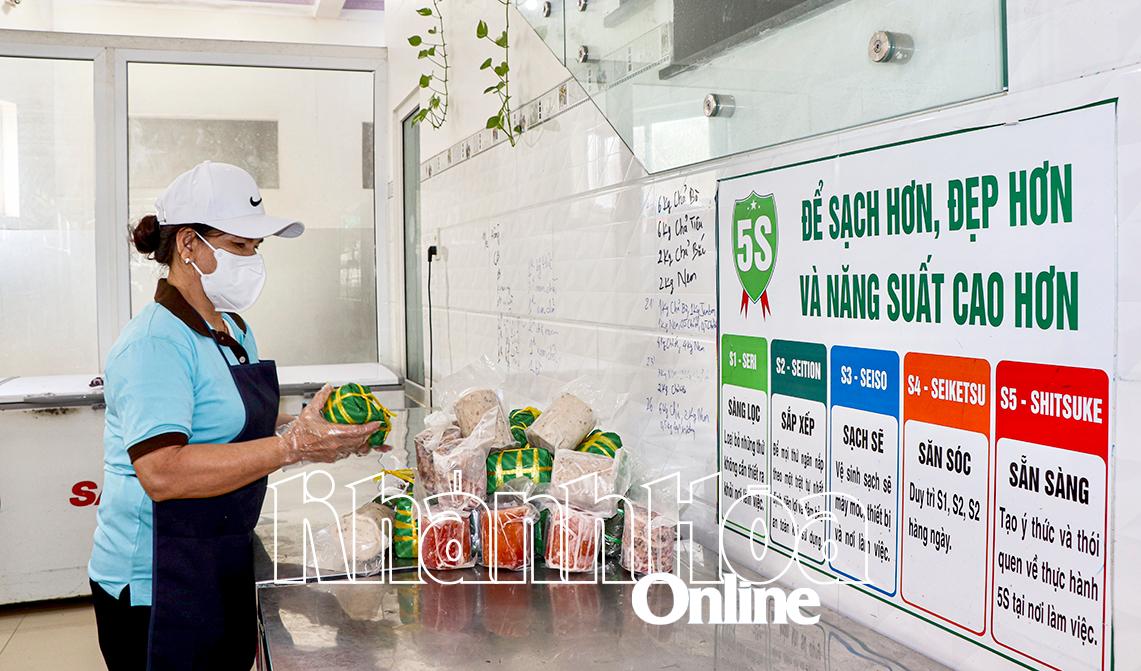
Comment (0)